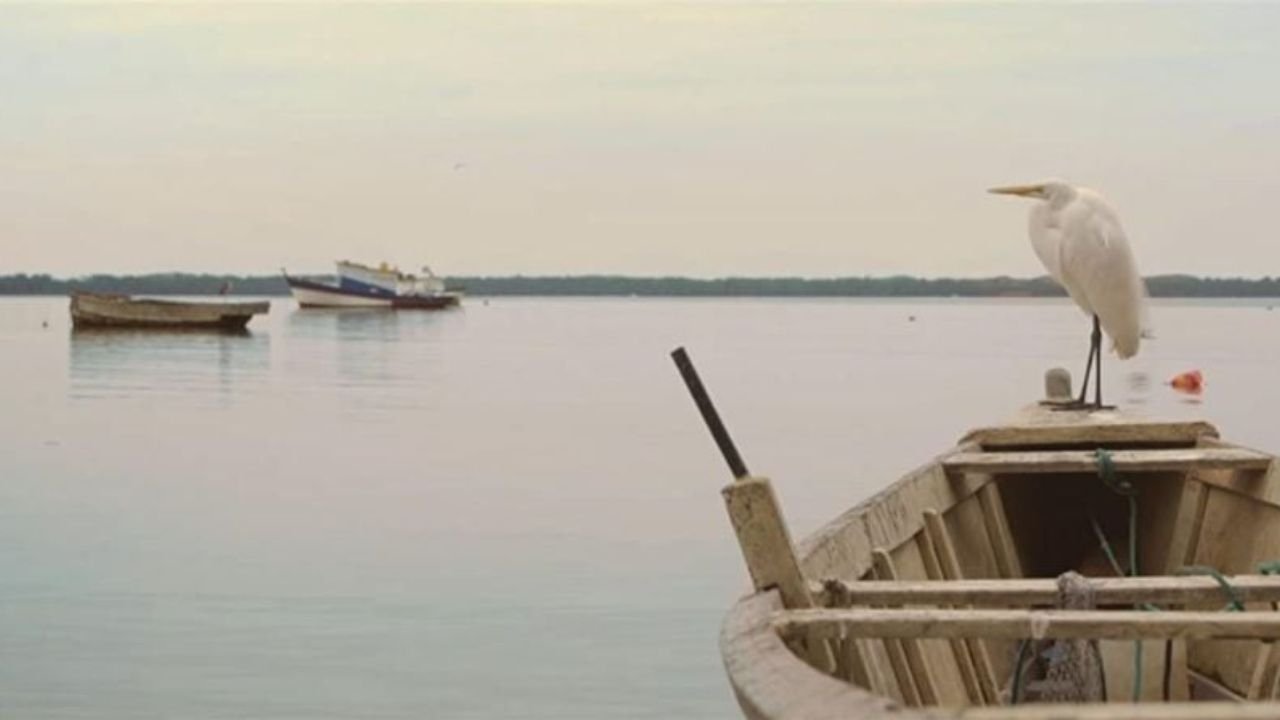

Doidos de Pedra - O Paraíso Esquecido(2019)
From the 60's, the neighborhood of Pedra de Guaratiba, in Rio de Janeiro, was invaded by a varied artistic community.
Movie: Doidos de Pedra - O Paraíso Esquecido
Top 10 Billed Cast
Self
Self
Self
Self
Self
Self
Self
Self
Self
Self

Doidos de Pedra - O Paraíso Esquecido
HomePage
Overview
From the 60's, the neighborhood of Pedra de Guaratiba, in Rio de Janeiro, was invaded by a varied artistic community.
Release Date
2019-12-10
Average
0
Rating:
0.0 startsTagline
Genres
Languages:
PortuguêsKeywords
Similar Movies
 7.4
7.4Bus 174(pt)
Documentary depicts what happened in Rio de Janeiro on June 12th 2000, when bus 174 was taken by an armed young man, threatening to shoot all the passengers. Transmitted live on all Brazilian TV networks, this shocking and tragic-ending event became one of violence's most shocking portraits, and one of the scariest examples of police incompetence and abuse in recent years.
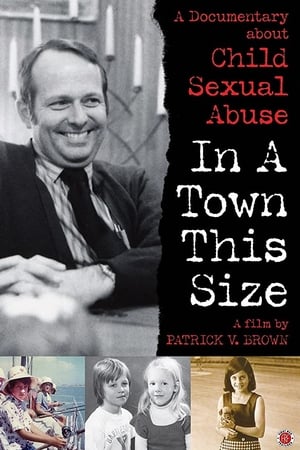 5.3
5.3In a Town This Size(en)
In A Town This Size introduces an Oklahoma town and its long-suppressed tragedy of childhood sexual abuse. The abuser, a prominent and trusted former pediatrician is, through this film and for the first time, held accountable for the actions he cleverly perpetrated. Stories are told through poignant first-person interviews with his victims, their families and professionals. This film brings to viewers an unnerving familiarity with the lifelong devastation resulting from this kind of abuse. Covering events in the 1960s and 1970s and continuing into present times, these personal stories devastate, frustrate and inspire. In A Town This Size moves audiences to confront child sexual abuse as a primary social issue and presses for changes in state statutes of limitation.
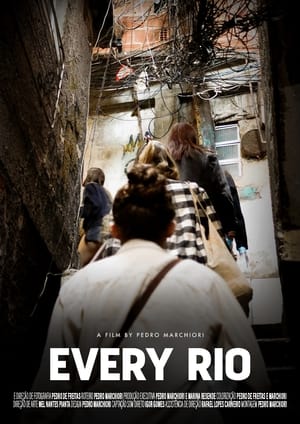 10.0
10.0O Rio de Cada Um(pt)
People from different areas of Rio de Janeiro, Brazil, try to answer the following question: for you, what is it like to live in the Marvelous City?
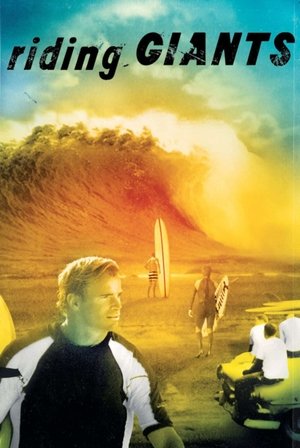 7.6
7.6Riding Giants(en)
Riding Giants is story about big wave surfers who have become heroes and legends in their sport. Directed by the skateboard guru Stacy Peralta.
 0.0
0.0Coffee Banana Cigarette(en)
A short documentary about the life and love of New York surf culture following transplanted San Diego surfer, Shawlin Tucker, who forced found a way to bring his passion with him when a college acceptance from New York University summons him to the big apple.
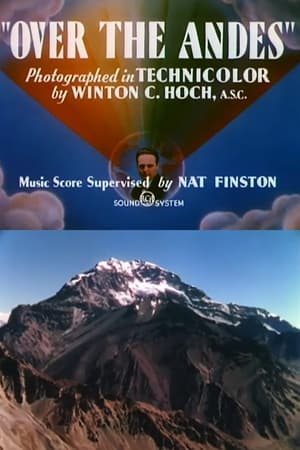 0.0
0.0Over the Andes(en)
This Traveltalk series short looks over the South American Andes mountains, and the South American west coast, also Rio de Janeiro.
 5.0
5.0First Daughter and the Black Snake(en)
The “Prophecy of the 7th Fire” says a “black snake” will bring destruction to the earth. For Winona LaDuke, the “black snake” is oil trains and pipelines. When she learns that Canadian-owned Enbridge plans to route a new pipeline through her tribe’s 1855 Treaty land, she and her community spring into action to save the sacred wild rice lakes and preserve their traditional indigenous way of life. Launching an annual spiritual horse ride along the proposed pipeline route, speaking at community meetings and regulatory hearings. Winona testifies that the pipeline route follows one of historical and present-day trauma. The tribe participates in the pipeline permitting process, asserting their treaty rights to protect their natural resources. LaDuke joins with her tribe and others to demand that the pipelines’ impact on tribal people’s resources be considered in the permitting process.
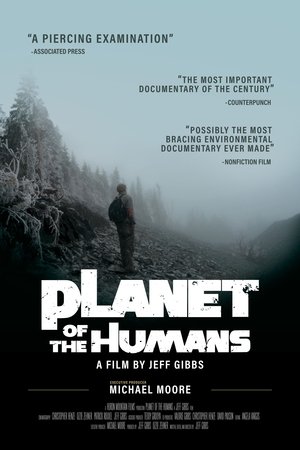 6.4
6.4Planet of the Humans(en)
Forget all you have heard about how “Renewable Energy” is our salvation. It is all a myth that is very lucrative for some. Feel-good stuff like electric cars, etc. Such vehicles are actually powered by coal, natural gas… or dead salmon in the Northwest.
 7.1
7.1There's Something in the Water(en)
Elliot Page brings attention to the injustices and injuries caused by environmental racism in his home province, in this urgent documentary on Indigenous and African Nova Scotian women fighting to protect their communities, their land, and their futures.
 7.4
7.4Spellbound(en)
This documentary follows 8 teens and pre-teens as they work their way toward the finals of the Scripps Howard national spelling bee championship in Washington D.C.
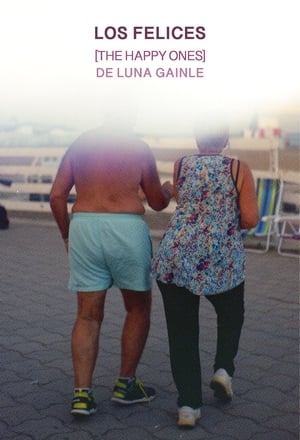 0.0
0.0Los Felices(es)
A love letter to Mar del Plata made of images, times and a road trip. "The Happy Ones" is an experimental short documentary composed of past and present family footage. It portrays a place in the summer, the city of Mar del Plata, with a span of 20 years between past and present images (January 2000 and 2020). Despite the time that passed by, it's beaches, essence and people remain, always willing to keep dancing.
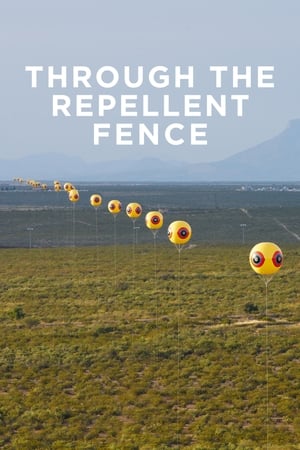 0.0
0.0Through the Repellent Fence: A Land Art Film(en)
The film follows Postcommodity, an interdisciplinary arts collective comprised of Raven Chacon, Cristóbal Martinez and Kade L. Twist, who put land art in a tribal context. The group bring together a community to construct the Repellent Fence, a two-mile long ephemeral monument “stitching” together the US and Mexico.
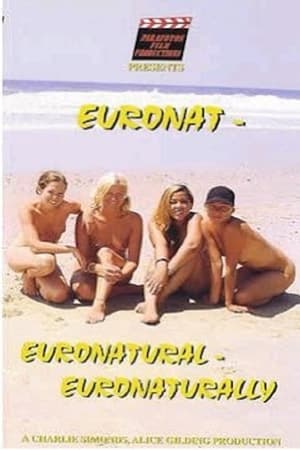 0.0
0.0Euronat(en)
A documentary about a special naturist resort, which is located in the south-west of France in the Medoc. There naked recreation for lovers of ideal conditions - there is a complete infrastructure - cinema, restaurant, cafe, sports grounds and more and never have to dress themselves absolutely nothing.
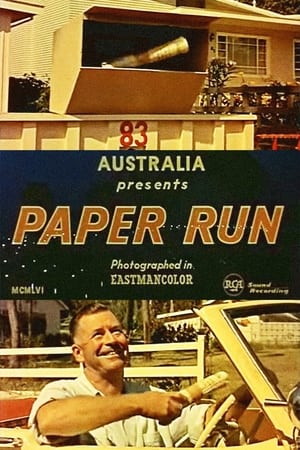 0.0
0.0Paper Run(en)
A panorama of scenic beauty unfolds as the newspaper delivery man works his run along Sydney's northern beaches of Newport and the Palm Beach area.
 6.7
6.7Sam & Mattie Make a Zombie Movie(en)
Documentary about the making of ’Spring Break Zombie Massacre.’
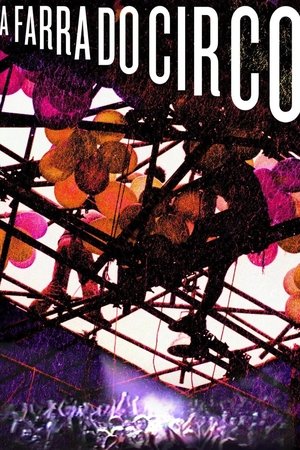 9.0
9.0A Farra do Circo(pt)
This documentary highlights the evolution of Brazil's Circo Voador venue from homespun artists' performance space to national cultural institution.
 0.0
0.0No Defense(en)
The story of the Americans who are fighting against one of the largest- known polluters in the country - the United States military.
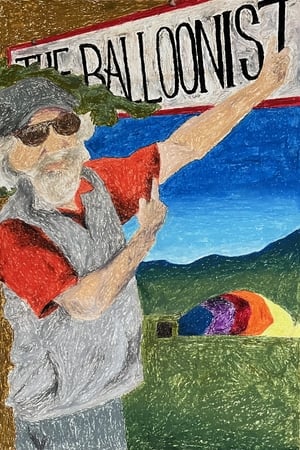 0.0
0.0The Balloonist(en)
Meet Brian Boland—the beloved, eccentric hot air balloonist and artist from the rural Upper Valley of Vermont.
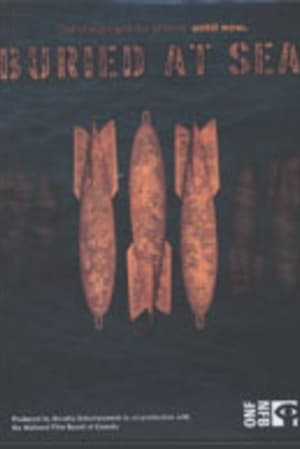 0.0
0.0Buried at Sea(en)
This documentary chronicles ocean disposal of surplus World War II chemical weapons by Canada, Germany, Great Britain, the Soviet Union and the United States. Through a well edited combination of interview footage and still photographs this film outlines the serious problem that awaits us now that hundreds of thousands of tons of chemical weapons have been disposed of off our coastlines. The exact location of dumps was not always recorded on navigation charts. Sixty years later, containers that were designed to last for fifty years have started to disintegrate, posing substantial danger to both marine life and coastal communities.
 7.8
7.8Home(fr)
In 200,000 years of existence, man has upset the balance on which the Earth had lived for 4 billion years. Global warming, resource depletion, species extinction: man has endangered his own home. But it is too late to be pessimistic: humanity has barely ten years left to reverse the trend, become aware of its excessive exploitation of the Earth's riches, and change its consumption pattern.